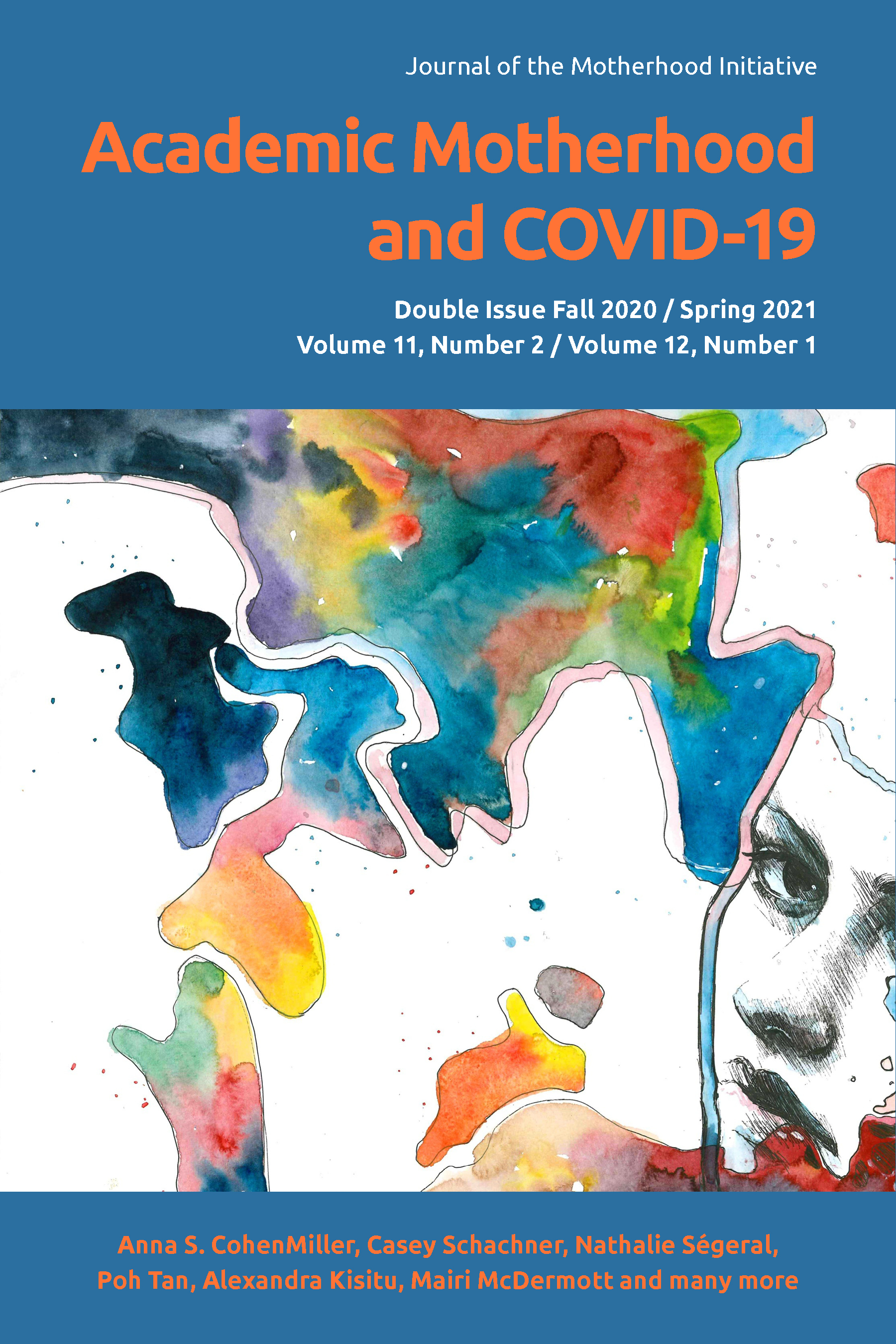Problematic Intersections: Dance, Motherhood, and the Pandemic
Abstract
The aim of this article is to create space for Canadian mother artists and academics in the dance field to discuss their experiences of mothering and working during the COVID-19 pandemic. Conversations relate to changes in or loss of employment and visioning for the future of this live art form in the aftermath of the pandemic. Artists are paid less, take longer to establish their careers and have less stability in their lives. These are only some of the reasons artists often choose not to have children. Infrastructure and support systems are not set up in the dance sector to assist caregivers. Since the body is the site of inquiry, the experiences of pregnancy, birth and the physical care of children are inextricably linked to one’s livelihood. There are overwhelming concerns around childcare, support systems and equity, which have only been magnified by the impact of the COVID-19 pandemic. As dance moves forward, the problem is that mothers of young children are not necessarily available to keep up with how changes to modes of pedagogy and performance might impact us in this already tenuous field. They are with their children for a large portion of the day, as caregiving responsibilities disproportionately fall to women in all sectors, but especially in dance in which annual income and society’s value of the work is especially low. This writing endeavours to shine light on the struggles and breakthroughs of mothers working in academic and professional dance in Canada during COVID-19 and lay bare conversations we’ve historically participated in discreetly.Downloads
Published
How to Cite
Issue
Section
License
All intellectual property in relation to material included on this site belongs to the Motherhood Initiative for Research and Community Involvement (MIRCI). All material on this site is protected by Canadian and international copyright and other intellectual property laws. Users may not do anything which interferes with or breaches those laws or the intellectual property rights in the material. All materials on the Motherhood Initiative for Research and Community Involvement (MIRCI) are copyrighted and all rights are reserved. Any reproduction, modification, publication, transmission, transfer, sale, distribution, display or exploitation of the information, in any form or by any means, or its storage in a retrieval system, whether in whole or in part, without the express written permission of the Motherhood Initiative for Research and Community Involvement (MIRCI) is prohibited. Please contact us for permission to reproduce any of our materials. This site may include third party content which is subject to that third party's terms and conditions of use.


